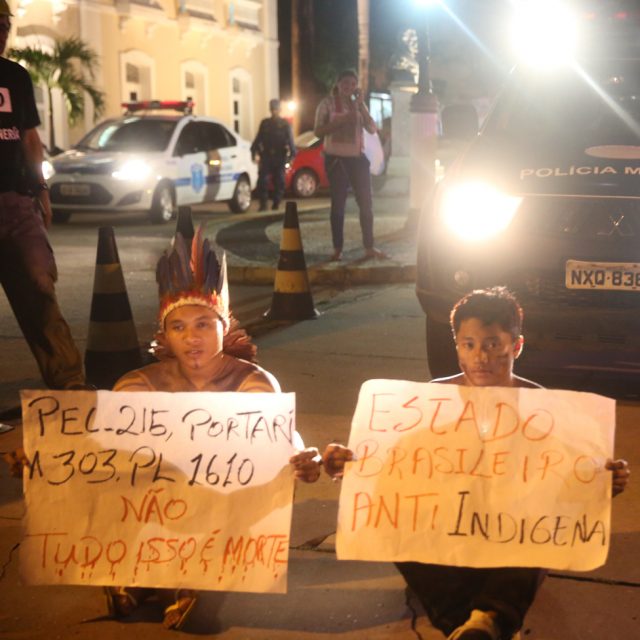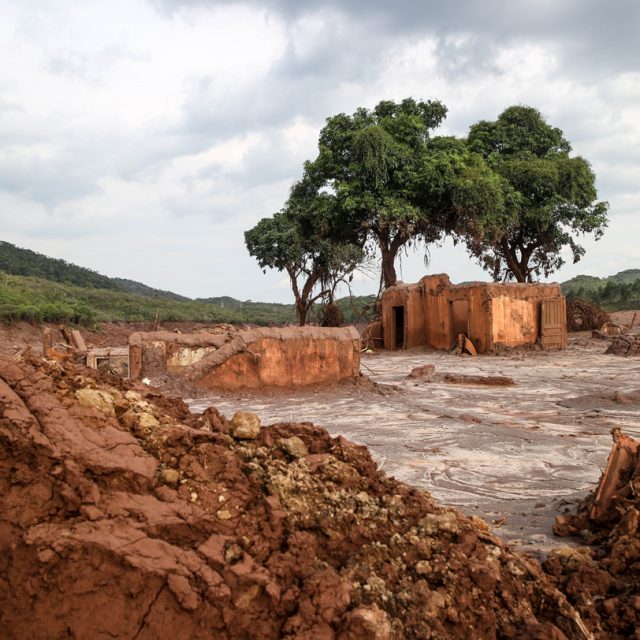The socio-environmental and climate crisis is one of the greatest challenges to human rights today, a fact that corrodes democracy and continues to perpetuate inequalities. In countries of the Global South, an elite benefits from the commodity-centered economy, while communities linked to the environment, such as indigenous people, quilombolas, and peasants, bear the costs of predatory exploitation.
In Brazil, the devastating actions of large corporations generate crises in the Amazon and other biomes, resulting in human rights violations, violence against rights defenders, loss of biodiversity, pollution, and irreparable damage to the environment, which significantly contributes to climate change. Larger-scale businesses, such as oil extraction, mining, agriculture, and the construction industry, are other major causes of socio-environmental impacts.
Justiça Global works so that intersecting factors such as race, gender, class and territory are considered in the struggle against the climate emergency. To this end, we are committed to agrarian reform; the struggle against rural violence; the guarantee of the right to land and territory; and corporate and State accountability for violations of human and environmental rights for any solution found.
Understand the performance of the program
Guarantee of the right to land and territory of indigenous peoples and traditional communities

Access to land is crucial to guaranteeing other basic rights: food, housing, water, culture and identity, and social reproduction, among others. The construction of property in Brazil, however, involved the expropriation and exclusion of countless people, especially of indigenous and African origin. The guarantee of land and collective territory is essential for traditional peoples and communities to preserve their cultural heritage. This right is recognized by Convention No. 169 of the International Labor Organization (ILO), ratified in Brazil in 2012, and which establishes prior, free, and informed consultation with these groups.
To date, only 65% of the 736 indigenous territories already identified by the National Foundation for Indigenous Peoples have been demarcated. There are still another 490 claims under analysis. In relation to quilombola peoples, while 2,849 communities were certified by the Fundação Cultural Palmares, only 54 territories were titled (partially or integrally) by the competent body, the National Institute of Colonization and Agrarian Reform (Incra).
Advocacy at International Human Rights Systems

Rompimento da barragem do Fundão, de rejeitos de minérios, em Mariana-MG, em 2015, destruiu territórios e impactou milhares de pessoas e o meio ambiente. Foto: Daniela Fichino/Justiça Global.
Since its foundation, Justiça Global’s strategy has been to act in international human rights systems — in the Organization of American States (OAS) and the United Nations (UN) — by submitting complaints and information, acting as amicus curiae, requesting hearings, monitoring visits, and petitioning cases.